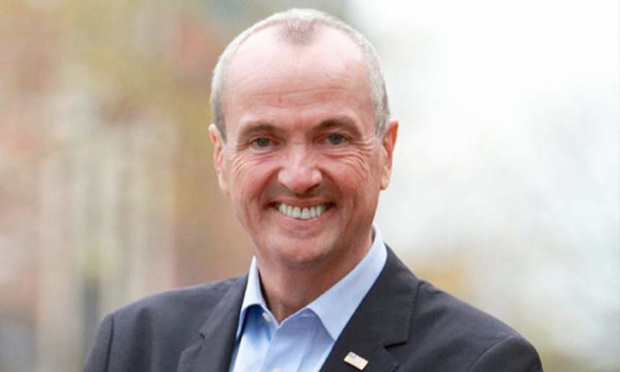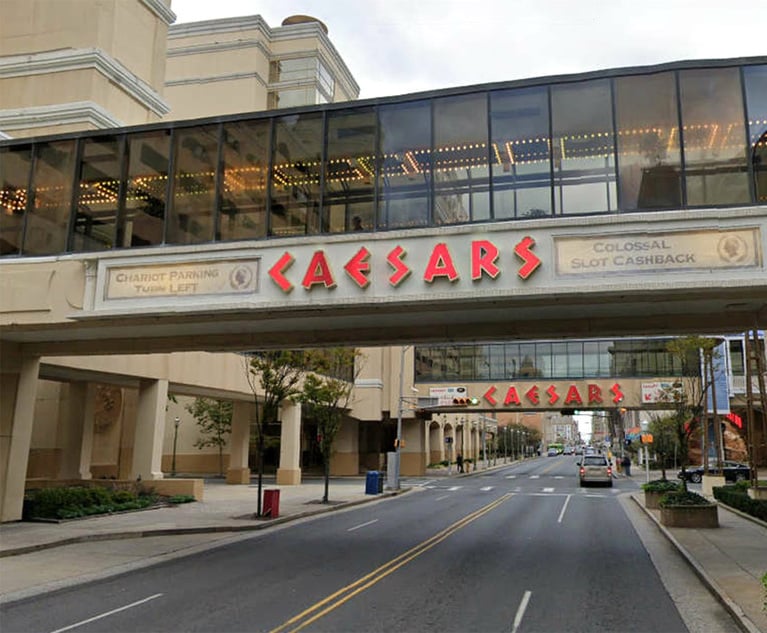New Jersey’s new governor, Phil Murphy, has laid out an aggressive legislative agenda on a number of levels. If Governor Murphy’s initiatives are enacted, employers in New Jersey must be prepared for their impact on the workplace. The governor is prepared to move quickly; his very first executive order focused on employment, prohibiting state agencies from asking job applicants about their salary histories.
One of the new governor’s campaign promises was to raise the state’s minimum wage to $15 per hour. Currently, New Jersey’s minimum wage stands at $8.60 per hour. Former Governor Christie vetoed a bill providing such a wage hike in 2016. Now, with a Democratic governor and a Democratic legislature, some expect smooth sailing toward a minimum wage hike. However, recent reports reveal there are disagreements between the governor and legislative leaders over the scope of potential increases. One question is whether the wage hikes would apply to all employees, which Governor Murphy has said he supports, or will have carve outs, for example for teenage workers. That said, it can be reasonably anticipated that a bill, in some form, will in the near future make it to the governor’s desk. Once this occurs, employers whose employees work at or near the minimum wage will need to make necessary adjustments to their business plans. To cushion the impact, it is likely that any minimum wage law will provide for gradual implementation, rather than a dramatic immediate increase to $15 per hour.


 New Jersey Gov. Phil Murphy
New Jersey Gov. Phil Murphy




